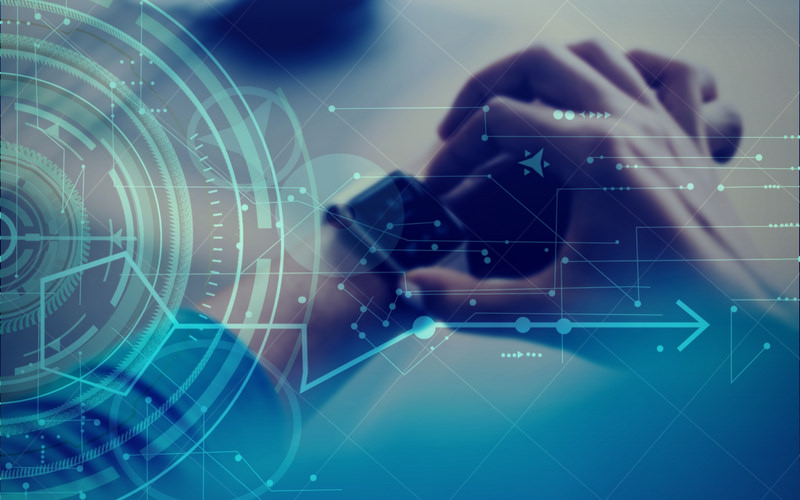 Share this!
Share this!With digitalisation well underway, companies are seeking to adapt themselves to the digital age giving rise to the term digital transformation. Digital transformation impacts every aspect of an organisation from the technology it uses, to the skills and competencies it looks for in employees.
New Skills and Competencies
Needless to say, companies need access to the latest technology which can bring them into the digital age. Moreover, being able to adapt to the digital age is impossible without having modern infrastructures and teams in place, necessitating the recruitment of highly capable tech talent. However, the success of IT departments is built upon group cohesion, not the ability of one person. Put differently, people need to have strong tech skills but the ability to work in teams as well.
More broadly, the effects of digitalisation on organisations extend beyond just IT departments. The arrival of technologies such as cloud computing, AI, data capturing sensors, and communication tools like Slack requires employees to be able to work with these technologies. Companies are even increasingly looking for employees with more specialised skills who can be involved with digital projects dedicated to boosting the organisation’s capacity to innovate. In a world where the emergence of new digital technology regularly creates many new markets for products and services, having employees with entrepreneurial spirits is more important than ever.
Unfortunately, while most organisations understand that digitalisation is important, a recent study revealed that only 18 percent regard their digital strategies as “very effective”.
Beginning with the creation of the eHealth network in 2006, AER has been working hard to bring Europe into the digital age. Along with its work in areas such as eHealth and urban mobility, AER has organised events like its November 2017 conference on Artificial Intelligence, which provided gave stakeholders in AI the chance to learn from one another.
EIT and Digital Transformation
The EU’s European Institute of Innovation and Technology (EIT) can help interested parties with their digital transformation. Founded in 2008 and an integral part of Horizon 2020, EIT seeks to help innovators and entrepreneurs across Europe turn their ideas into market ready products and services.
EIT does this by creating “innovation communities”, which bring together businesses (industry and SMEs), research centres and universities as partners, facilitating a network which allows creative thought and innovation to flourish.
The network conducts work in multiple areas, which include training and education programs, assistance along the journey of bringing products from research to market, and the provision of business incubators and accelerators.
Through the networks and education programs they create, EIT assists organisations with their digital transformation by helping to give businesses’ employees the skills and competencies which they need to thrive in the digital age.
EIT’s Smart Cities Course
A particularly relevant service is the EIT Digital Professional School’s course on designing the appropriate technological infrastructure for smart cities. Currently, many cities and regions are exploring implementing smart cities to ensure that urban planning aligns with citizens’ demands. Smart cities require the technology to collect, sore, and utilise consumers’ data in a way which maintains their privacy, a complicated topic for even the most educated field experts.
EIT’s course is tailored for company engineers, along with city governments and public institutions to learn how to build effective, safe smart cities. Company project leaders or engineers learn about the best ways to implement their technology into a city’s existing technological infrastructure. Professionals or city staff looking to upgrade their skills in working with and ability to understand smart cities, will be able to acquire the knowledge needed to decide upon the appropriate design.
In these courses, the content is offered online and in a two-day face-to-face workshop. Registration is available now.
